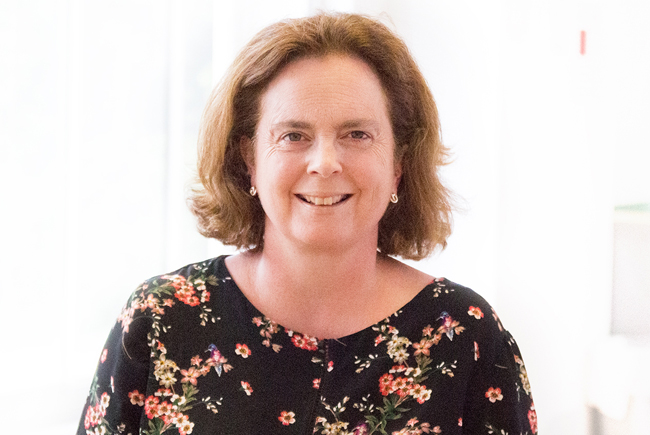Why we’re getting ‘measurement’ definitions all wrong

“Definitions are all over the place.”
That’s the view of Route Research CEO Denise Turner, who is concerned that media measurement is not being properly defined.
At The Future of Media in London earlier this month, industry leaders appeared to come to a consensus on the increasing importance of accurate, robust media measurement to give chief marketing officers the “ammunition” to argue for increased budgets from chief financial officers.
During an episode of The Media Leader Podcast this summer, Route Research CEO and industry veteran Denise Turner sat down to discuss why she feels we must properly define measurement, especially if it is to continue to take on a bigger role for advertisers.
Listen to the clip, or read a transcript of the conversation (edited for clarity) below.
Jack Benjamin: I know there’s been a good amount of research into measurement this year, with Route, Lumen also did a study this year on out-of-home (OOH) — it’s obviously a very high-attention environment — with a big billboard, you’re walking around, you might be looking at it depending on how quickly you might be moving, which you shared with us that research earlier this year.
Can you tell us a little bit about how important measurement is? You even wrote for us that it’s the new ‘digital.’ It’s the new ‘big thing.’
Denise Turner: I did write a piece called ‘Measurement is the new digital.’ The phrase ‘digital’ was one of my big bugbears when I was at Newsworks because digital is just a means of delivering content, it’s not an end in and of itself.
I think people use the term “measurement” quite loosely, and it’s often ill-defined.
There was a debate a week or two about what cross media actually means. It is one of my bugbears, the definition of cross-media, but when you look at a dictionary definition of cross-media, it is two or more forms of delivering content. So, yes telly and YouTube can be defined as cross-media, but actually it’s cross-platform… I don’t know.
Or it can be multi-channel. Somebody said “pan-media.” I don’t think I’ve ever heard that word.
Ella Sagar: It’s new to me. [laughs]
DT: But I think we need to be really clear about what we’re measuring and why. Rather than having a loose definition of what measurement is, I’d really like people to be clear when they write about measurement to say, We’re measuring this and this and that’s what it is.
It’s whether you’re measuring audiences or campaigns. Are you measuring campaigns across channels? Or are you measuring exposures?
I just think we need to get a lot clearer about our definitions. I think the definitions are all over the place.
Agency-client relationships a point of tension among industry leaders
For Route, I’m really clear, we’re measuring the number of people, the types of people going past different types of posters or billboards or screens; we’ve got 15 different environments we measure in Route, whether that’s Underground tubecar panels or posters on the side of the street or six sheets outside a shopping centre. We’re measuring lots of different formats.
What I’ve got to do is try and do that in as cost-efficient a way as possible.
What we’re proposing for the next contract is to automate things more, build up a sense of scale in terms of all of the different environments that we’re measuring, and then do some kind of modelling of that data going forward. Because there’s no point in measuring something if the margin of error is really high; you might as well not measure it at all.
So what we’ve gotta do is try and achieve that balance between measuring what matters in as efficient a way as possible and in as stable a way as possible, because I’m definitely not a purist researcher. It doesn’t have to be perfect. It has to be good enough.
I do quite dislike the phrase that Mark Zuckerberg coined, which is, “Done is better than perfect.” I much prefer Winston’s Churchill’s, “Perfection is process.” You need to be as good as you possibly can, but actually if you get to 97% accuracy, what’s the difference between 97% and 97.5%? Probably not that much.
That’s my challenge in running a research measurement solution; it’s trying to make it as robust as it possibly can be without being so purist and perfectionist that we don’t actually deliver anything of value to my stakeholders.
JB: Sometimes I feel like that as a writer. Not when it comes to fact checking, but journalism is a very detail-oriented profession, and so you want it to be absolutely perfect, but certainly that can lead to missed deadlines or paralysis.
DT: Yeah, it’s not that you shouldn’t strive to be the best that you possibly can be, but at some point you’ve got to go, This is as good as it’s possibly going to get.
Listen to whole episode below and hit ‘subscribe’ to download the episode on your favourite podcast player, as well as get notified about future episodes:




